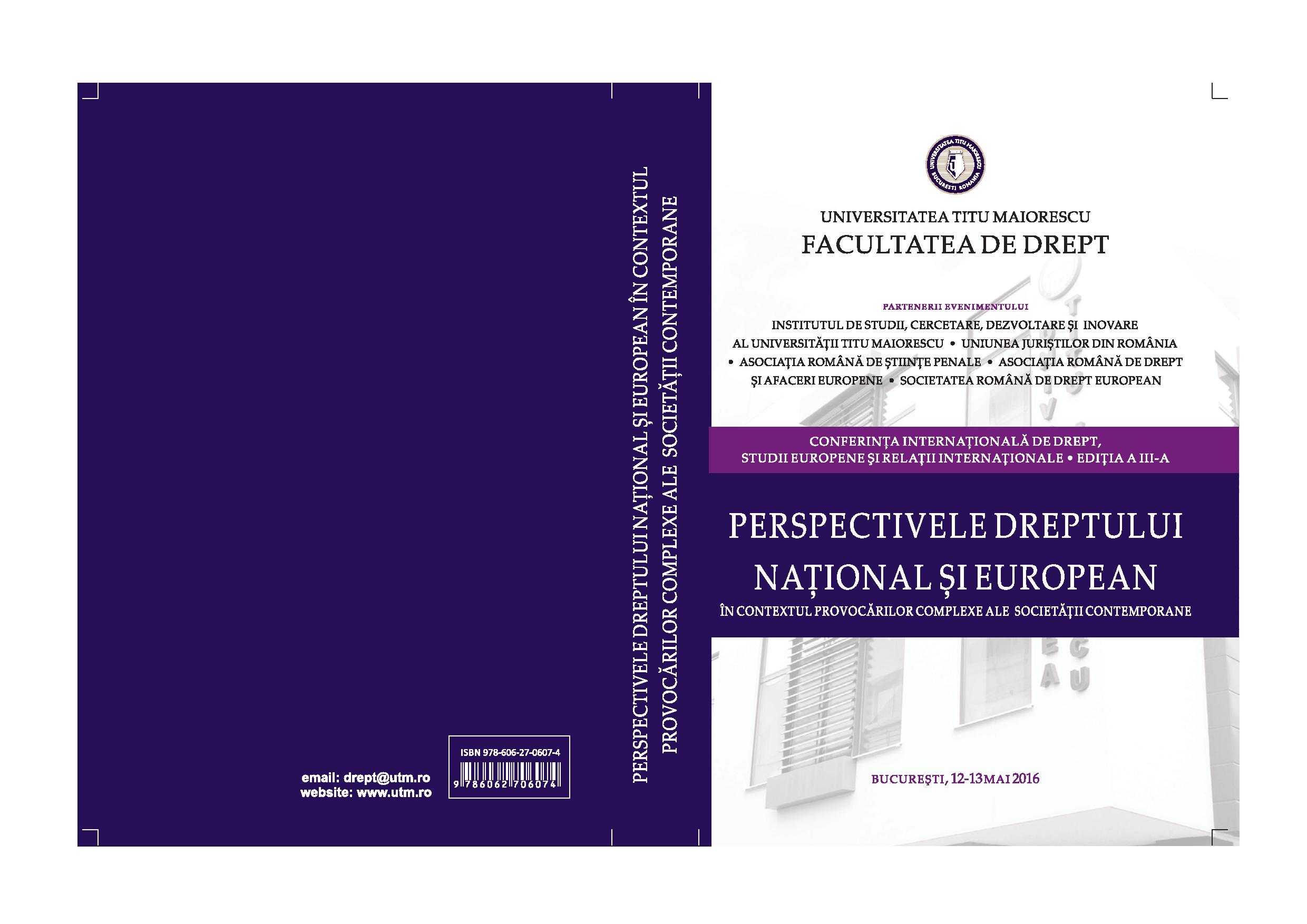Consideraţii privind posibilitatea revocării
de către angajator a deciziei de concediere
Consideration regarding the employer`s possibility to revoke the dismissal decision
Author(s): Dan IORDACHESubject(s): Civil Law
Published by: Editura Hamangiu S.R.L.
Keywords: dismissal decision; revocation; irrevocability of the unilateral acts; what is not forbidden is allowed; null and void; resignation;
Summary/Abstract: The employer`s measure, by which it revokes the dismissal decision, represents an unilateral act. In accordance with the provisions of art. 1270 align. (1) corroborated with art. 1325 of the new Civil Code, the unilateral act is irrevocable. Among the exceptions to the principle of irrevocability of unilateral acts, the legislature has not regulated the situation of the dismissal decision, so that the majority jurisprudence appreciated that exceptions cannot be presumed or inferred by way of interpretation, meaning that the employer would be able to revoke the dismissal decision in the absence of a legal text that would expressly allow this. In a contrary opinion, the doctrine sustained that in such situation could be applicable the principle of law according to which what is not prohibited is allowed (Id omne licitum est, quod non est legibus prohibitum, quamobrem, quod, lege, permittente, fit poenam non meretur), and considering that the provisions of the labour law do not prohibit to the employer to revoke the dismissal decision, results that the employer would have this possibility. A dismissal decision which is null and void cannot be covered or remedied either by issuing an subsequently act, reported to the fact that according to the same principles, the consequences of nullity are retroactive, fact which is equivalent to the extent that the act would not have been concluded ever. According to art. 78 align. (1) of Law no. 53/2003 – Labour Code, solely the court is entitled to rule on the nullity of a dismissal decision, the nullity of the subject act couldn`t be found or disposed unilaterally by the employer.
Journal: Conferința Internațională de Drept, Studii Europene și Relații Internaționale
- Issue Year: IV/2016
- Issue No: IV
- Page Range: 163-167
- Page Count: 5
- Language: Romanian

